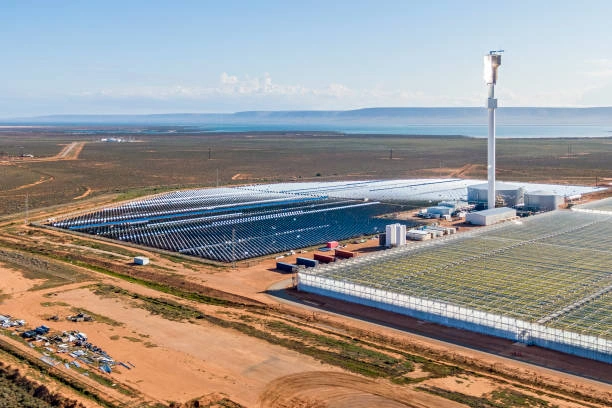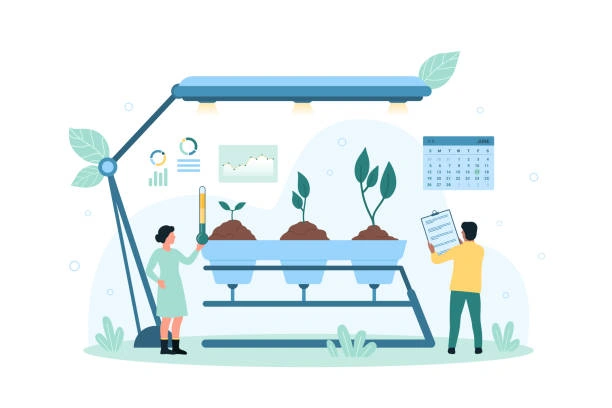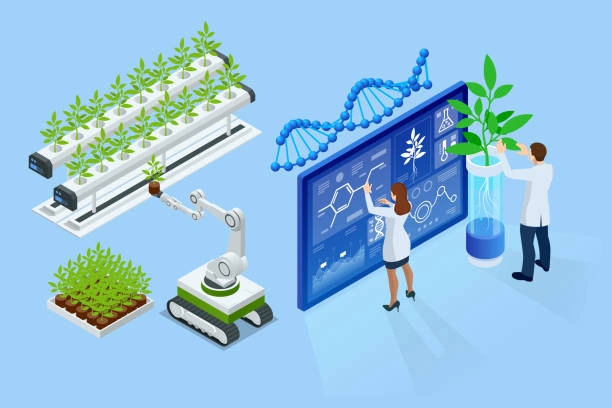Course Overview
This 5-module course empowers agricultural engineers, water resource planners, policymakers, and agribusiness professionals with practical knowledge to harness desalination technologies for agricultural use. With increasing water scarcity, desalinated water offers a viable alternative for irrigated agriculture in arid and coastal regions. The course explores desalination technologies, system design, energy considerations, cost-efficiency, and integration with sustainable farming systems.
DURATION
5 Days
Target Audience
-
Agricultural and Irrigation Engineers
-
Water Resource Managers and Planners
-
Policy Makers and Environmental Regulators
-
Agri-Tech Solution Providers
-
Researchers and Climate Adaptation Professionals
Course Level: Intermediate to Advanced
Learning Objectives
By the end of this course, participants will:
-
Understand the science and technology of desalination in agriculture
-
Evaluate different desalination methods and their agricultural suitability
-
Analyze economic and energy implications of desalinated water use
-
Integrate desalinated water into irrigation planning and system design
-
Address environmental, policy, and operational challenges in adoption
COURSE OUTLINE
Module 1: Fundamentals of Desalination and Agricultural Water Use
-
Global water scarcity and agricultural demand
-
Principles of desalination (thermal, membrane, hybrid)
-
Water quality requirements for different crops
-
Case Study: Use of desalinated water in greenhouse agriculture
Module 2: Desalination Technologies and System Components
-
Reverse osmosis (RO), electrodialysis, nanofiltration, and distillation
-
Energy requirements and renewable integration (solar desalination)
-
Brine management and environmental impacts
-
Activity: Comparing technologies for small vs. large-scale farm use
Module 3: Irrigation Planning with Desalinated Water
-
Matching water supply to crop-water requirements
-
Drip and sprinkler systems compatibility
-
Water treatment, blending, and storage techniques
-
Hands-On Task: Designing a pilot irrigation system using desalinated water
Module 4: Cost-Benefit Analysis and Sustainability Considerations
-
CAPEX/OPEX and payback periods for desalination projects
-
Subsidies, public-private partnerships, and financing models
-
Climate adaptation and circular water use strategies
-
Group Activity: Evaluating the viability of a coastal desalination project
Module 5: Policy, Regulation, and Future Trends
-
National standards and regulatory frameworks
-
Case examples from Middle East, Africa, and Latin America
-
Innovations in modular, mobile, and off-grid desalination units
-
Final Project: Developing a desalination strategy for an agricultural zone
Customized Training
This training can be tailored to your institution needs and delivered at a location of your choice upon request.
Requirements
Participants need to be proficient in English.
Training Fee
The fee covers tuition, training materials, refreshments, lunch, and study visits. Participants are responsible for their own travel, visa, insurance, and personal expenses.
Certification
A certificate from Ideal Workplace Solutions is awarded upon successful completion.
Accommodation
Accommodation can be arranged upon request. Contact via email for reservations.
Payment
Payment should be made before the training starts, with proof of payment sent to outreach@idealworkplacesolutions.org.
For further inquiries, please contact us on details below:






